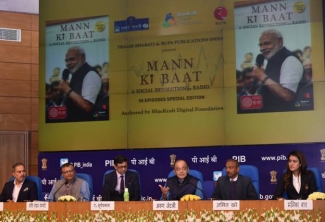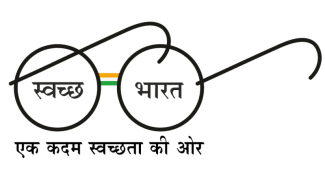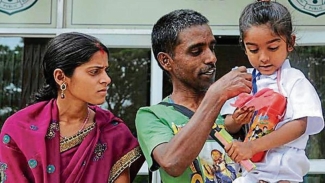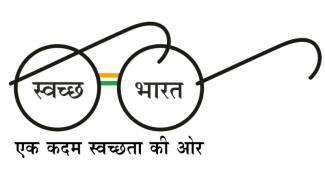
वर्ष 2016 की तुलना में 2018 में पराली जलाने की घटनाओं में 41 प्रतिशत की कमी
वर्ष 2018 में पराली जलाने की घटनाओं में कमी का उल्लेख करते हुए कहा कि कृषि अनुसंधान एवं शिक्षा विभाग (डीएआरई) के सचिव और आईसीएआर के महानिदेशक डॉ. त्रिलोचन महापात्रा ने कहा है कि जनता और निजी प्रयासों के जरिए इस तरह की चुनौतियों का कारगर तरीके से मुकाबला किया जा सकता है। आज नई दिल्ली में मीडिया को संबोधित करते हुए डॉ. महापात्रा ने कहा कि कृषि मशीनीकरण को प्रोत्साहन और पंजाब, हरियाणा, उत्तर प्रदेश तथा राष्ट्रीय राजधानी क्षेत्र दिल्ली में पराली प्रबंधन संबंधी केन्द्रीय योजना के तहत धान की पराली को जलाने की घटनाओं में 2017 की तुलना में 15 प्रतिशत और 2016 की तुलना में 41 प्रतिशत की कमी आई है। डॉ. महापात्रा ने बताया कि 2018 में हरियाणा और पंजाब के 4500 से अधिक गांव पराली जलाने से मुक्त घोषित किए गए हैं। इस दौरान पराली जलाने की एक भी घटना नहीं हुई है।
Highlighting the considerable reduction in crop residue burning incidents in 2018, Dr. Trilochan Mohapatra, Secretary, Department of Agricultural Research & Education (DARE) & Director General, ICAR said that India has demonstrated through coordinated public and private efforts such challenges can be addressed effectively. While addressing media in New Delhi on Tuesday, Dr. Mohapatra added that through the various efforts under the Central Sector Scheme on ‘Promotion of Agricultural Mechanization for In-Situ Management of Crop Residue in the State of Punjab, Haryana, Uttar Pradesh & NCT of Delhi’ the paddy residue burning events have reduced by 15% and 41% in 2018 as compared to that in 2017 and 2016, respectively in all these States as per the satellite data.
The Secretary also added that more than 4500 villages in Punjab and Haryana was declared as Zero Stubble Burning Villages during 2018 as not a single crop burning incident was reported from these villages during the year.
Dr. Mohapatra stated that the Central Sector Scheme was launched with a total outgo of Rs.1151.80 Crores for the period from 2018-19 to 2019-20 by the Government of India to tackle air pollution and to subsidize machinery required for in-situ management of crop residue in the States of Punjab, Haryana, Uttar Pradesh and NCT of Delhi. Within one year of its implementation utilizing an amount of Rs. 500 crore, the happy seeder/zero tillage technology was adopted in 8 lakh hectares of land in the North- Western States of India. Under the scheme, financial assistance @50% of the cost is provided to the farmers for purchase of in-situ crop residue management machines on individual ownership basis. The financial assistance for establishment of Custom Hiring Centres of in-situ crop residue management machinery is @ 80% of the project cost.
More than 2 lakh stakeholders were sensitized during one year. More than 400 hands-on training were organized and 18,000 farmers, tractor owner and machine operators were trained.
In addition to the above Scheme, separate funds are being allocated to the States for crop residue management under Sub-Mission on Agriculture Mechanization by the Department of Agriculture Cooperation and Farmers Welfare. The State Governments have also been directed that Rs. 4000/ Hectare shall be used from the funds available for demonstration of machines under the Sub-Mission on Agricultural Mechanization for demonstration of straw management machinery at farmers’ fields.











